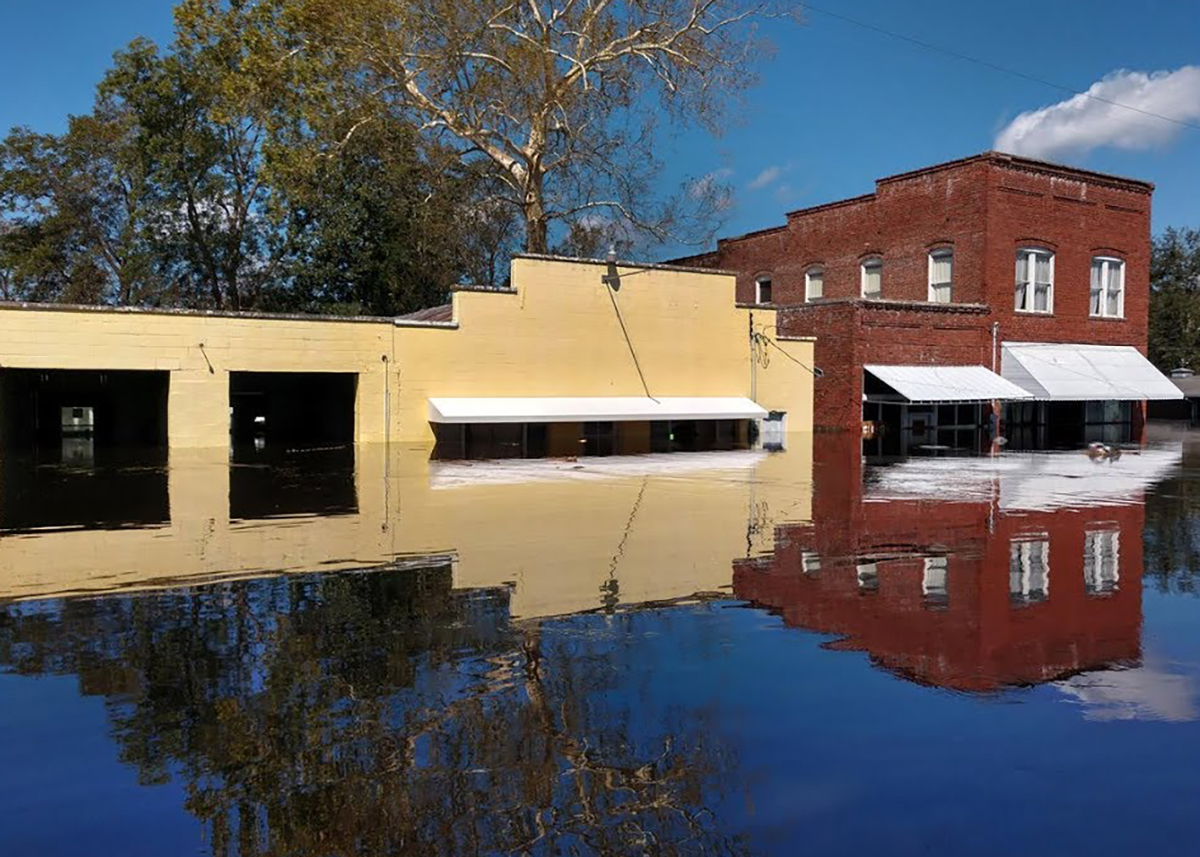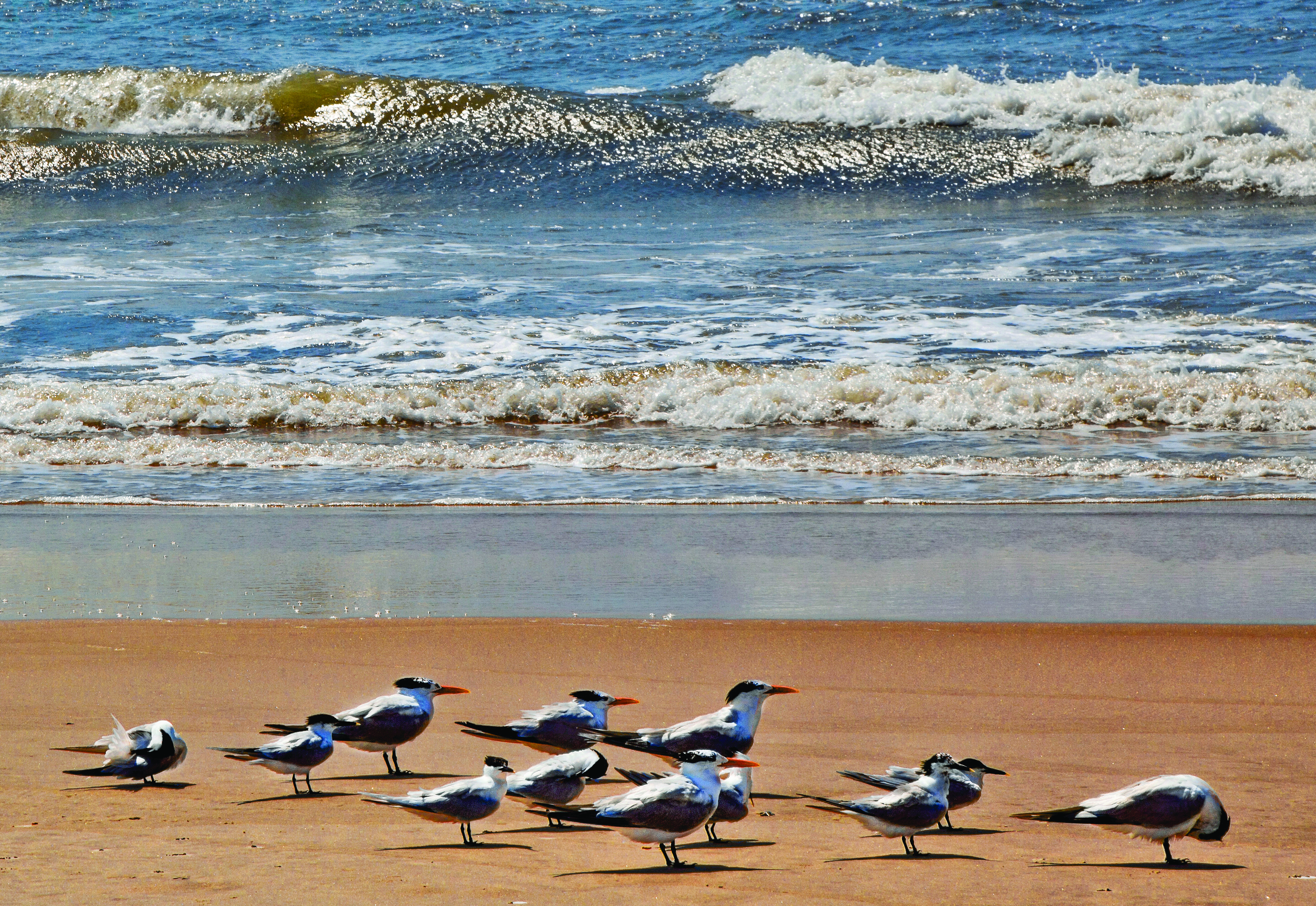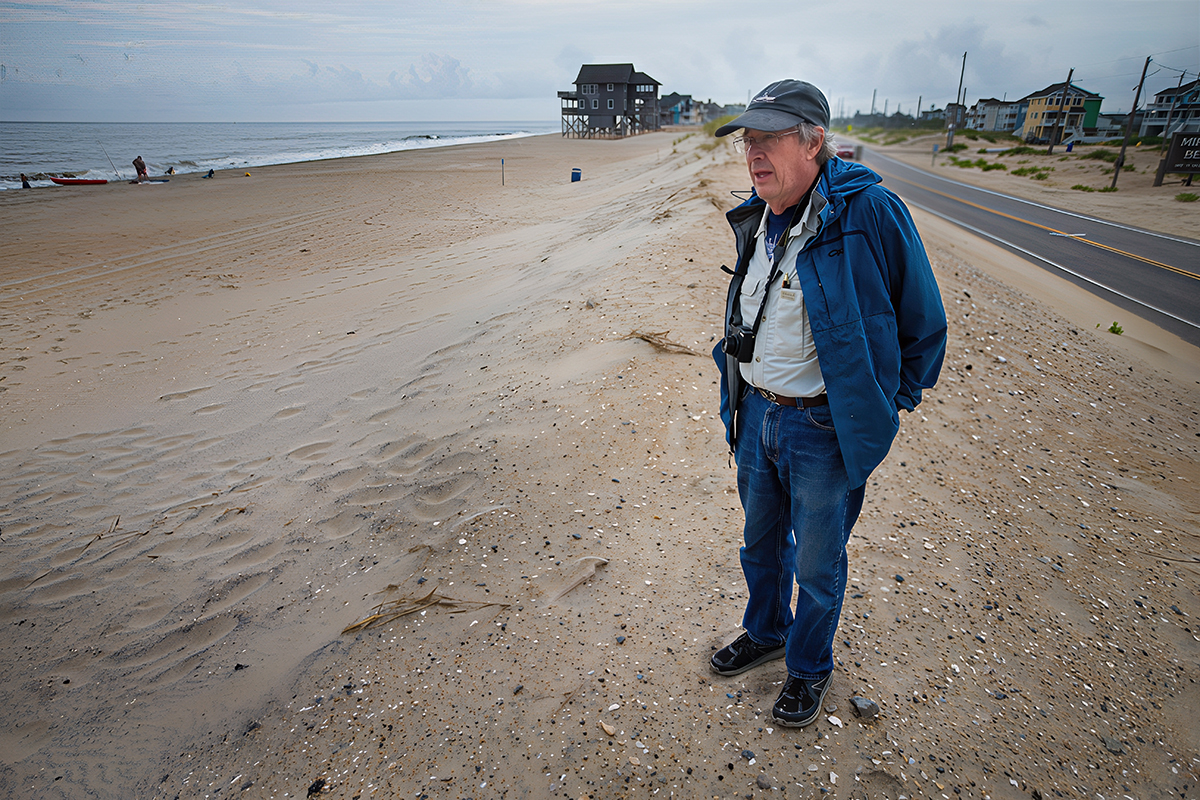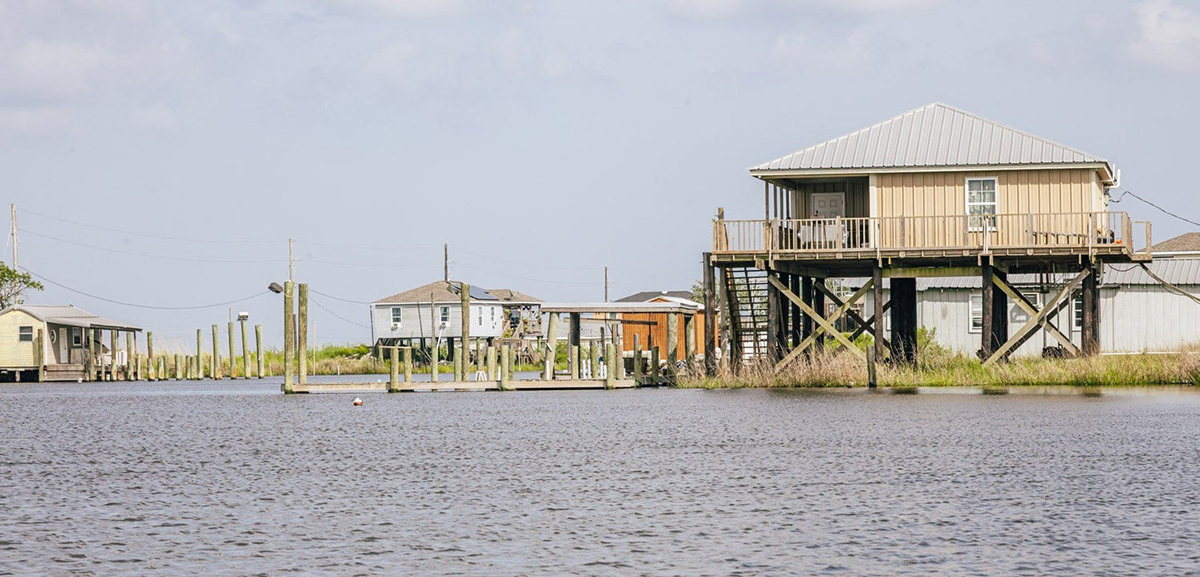One of the oft-repeated arguments against offshore oil development is the detrimental effects on fishing, but fishermen are not always opposed to drilling. Some even think that because fish congregate around oil rigs, that recreational fishing actually is improved.
Joe Taylor, a 74-year-old fisherman from Davis in Carteret County, said that he has worked in the Gulf of Mexico and seen for himself that drilling doesn’t harm fishing.
“It’s all a bunch of bull, anyway,” he said. “I’ve been all around those oil wells – the closer I got, the better the fishing was. Drilling for oil don’t hurt anything. They got better fishing down in Mobile Bay than they ever did.”
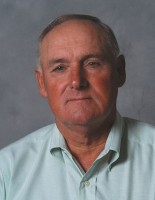
Bradley Styron comes from generations of fishermen on Cedar Island in Carteret County, where he still makes a living fishing. He said that offshore oil drilling has its merits.
“We would be hopefully less dependent on foreign countries for our source of energy, but I think it would have to be done with a lot of caution,” he said. “And now, with that being said, there are a lot more safeguards than there has been before in the way they do things.”
Styron said it would be “speculation” to predict how a spill would affect his business and the community.
Supporter Spotlight
“But let me say this,” he said. “My father told me when World War II started, it was nothing to see oil tankers off here afar, burning, and he said the beach would be covered with oil, or crude or you know, the oil tankers exploded. This may have been a coincidence, but when the war ended and people came home, that’s when everybody started building trawlers and all kinds of stuff because the shrimp and the fish were so abundant.”
The N.C. Fisheries Association, a nonprofit advocacy group for the state’s commercial fishermen, has decided not to take a stand on offshore wind or oil development for the time being. In a statement, the group said that it will continue to participate in stakeholder meetings to ensure their concerns are addressed “and to keep our options open for changes in our position as we learn more.”
Tess Malijenovsky contributed to this report.



